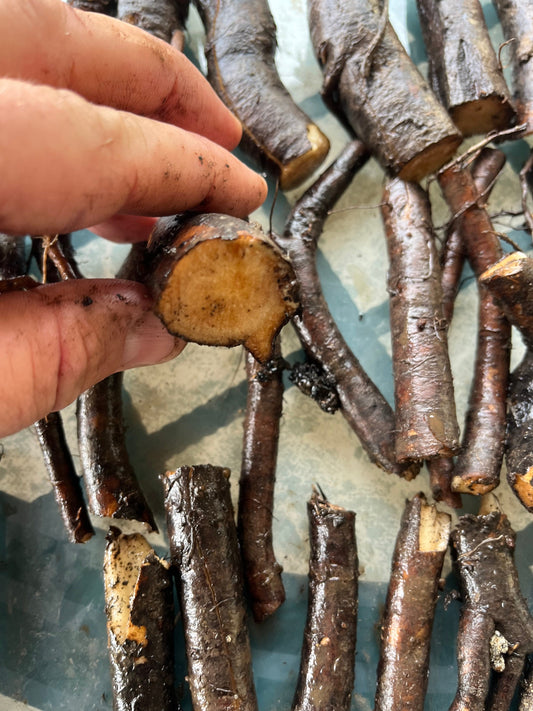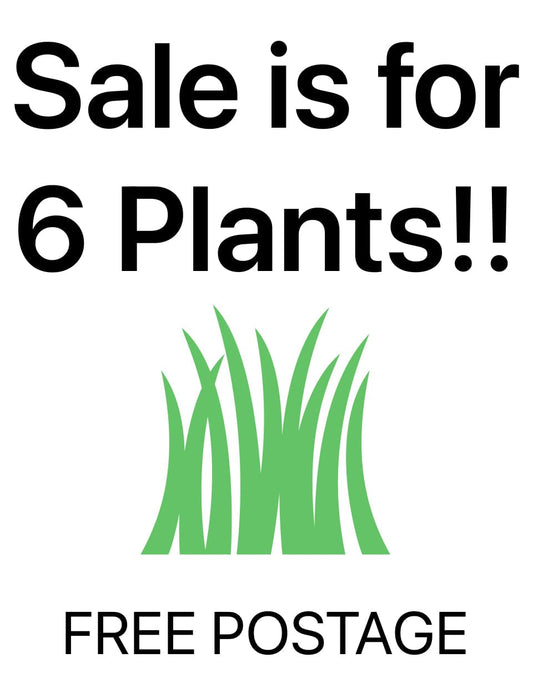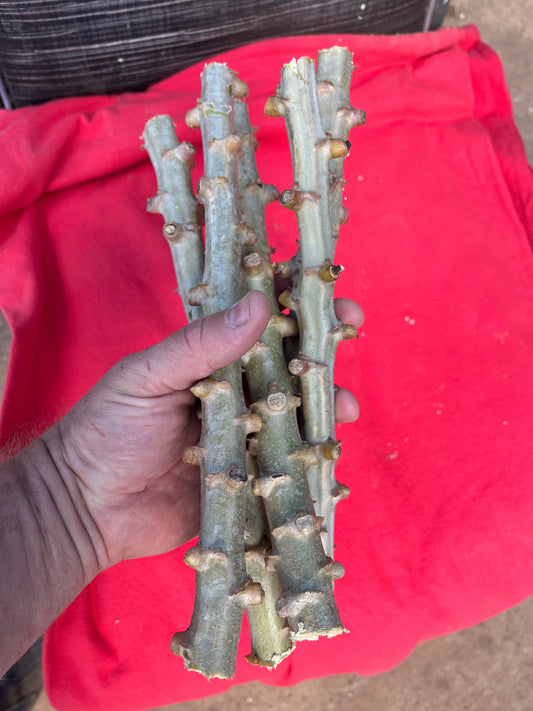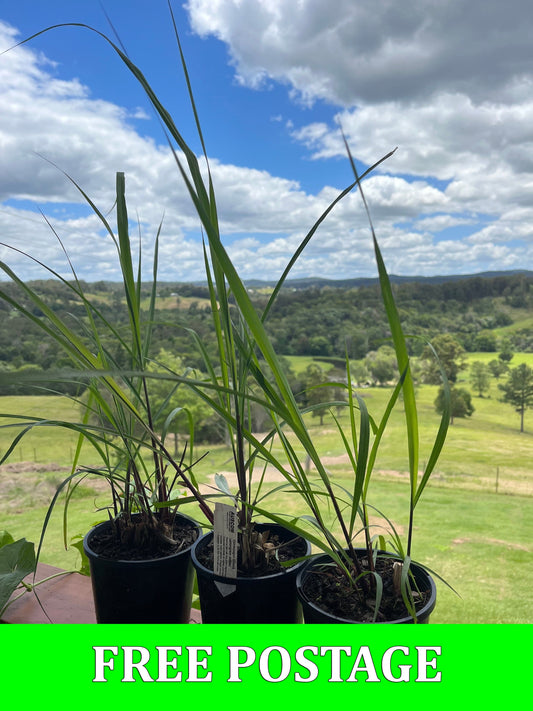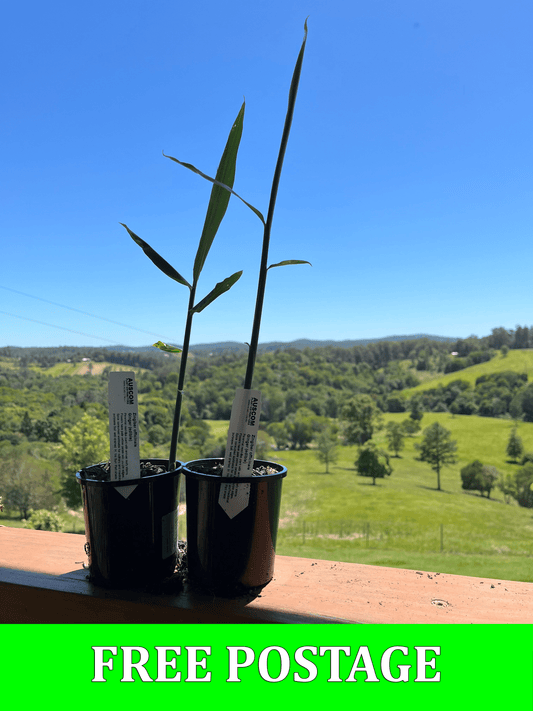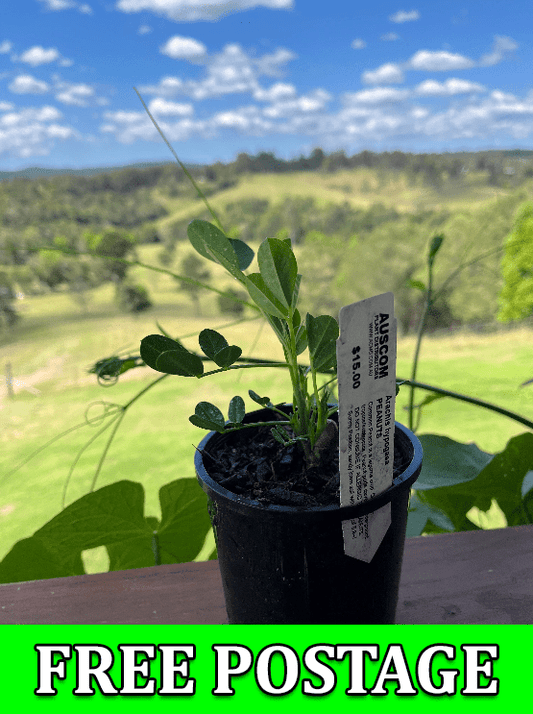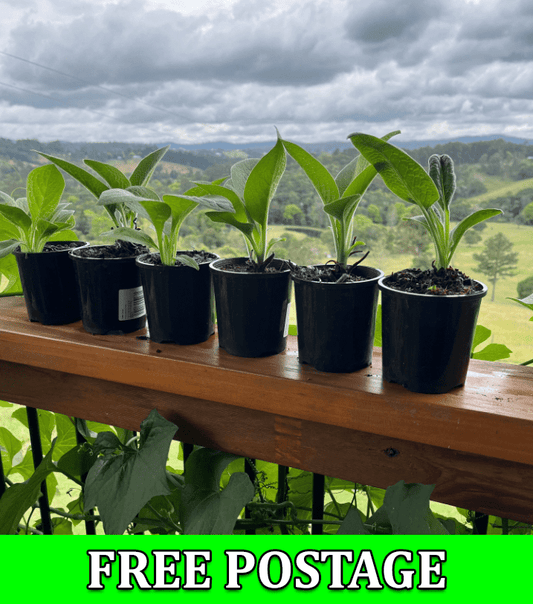Essential Permaculture Plants
Essential Permaculture Plants for a Self-Sufficient Garden | Grow Your Own Food
Permaculture is a sustainable approach to gardening that focuses on creating a self-sufficient ecosystem. By incorporating essential permaculture plants, including perennials, into your garden, you can grow your own food and reduce your reliance on the earth. These plants are easy to grow and maintain, and they provide a range of benefits, from attracting pollinators to improving soil quality.
Companion Plants
Companion plants are an essential part of permaculture gardening. These are plants that have a mutually beneficial relationship when grown together. For example, planting beans alongside corn provides the beans with a natural trellis and fixes nitrogen in the soil, benefiting both plants. Other great companion plants include marigolds, borage, and chamomile.
Perennials
Perennial plants are an excellent addition to a permaculture garden. These plants come back year after year, providing a reliable source of food and improving soil health. Perennial vegetables like asparagus and rhubarb, as well as perennial herbs like rosemary and lavender, are easy to grow and require minimal maintenance. In addition, many perennial plants attract beneficial insects and pollinators to your garden.
Food Forests
Food forests are a permaculture gardening technique that mimics the structure and diversity of a natural forest ecosystem. By planting trees, shrubs, and perennials together, you can create a self-sustaining ecosystem that produces a variety of fruits, nuts, and vegetables. Food forests require less maintenance than traditional vegetable gardens and provide a bountiful harvest year after year. Some great plants for a food forest include apple trees, hazelnuts, and blackberries.
Fruit Trees
Fruit trees are a long-term investment in your permaculture garden. While they take a few years to mature and produce fruit, they provide a bountiful harvest for years to come. Apples, pears, and peaches are great choices for a permaculture garden, as they are hardy and resistant to pests and diseases. Additionally, fruit trees attract birds and other wildlife to your garden, creating a natural ecosystem.
Final Thoughts
By incorporating these essential permaculture plants, including perennials and creating food forests, into your garden, you can create a sustainable, self-sufficient ecosystem that provides a range of benefits. Whether you're growing vegetables, fruits, herbs, or companion plants, permaculture gardening is an excellent way to reduce your reliance on the earth and enjoy the bounty of nature. Focus on using perennials and creating food forests to reduce your reliance on annual varieties of vegetables, and enjoy the benefits of a thriving, self-sustaining garden.
Start your permaculture garden today
